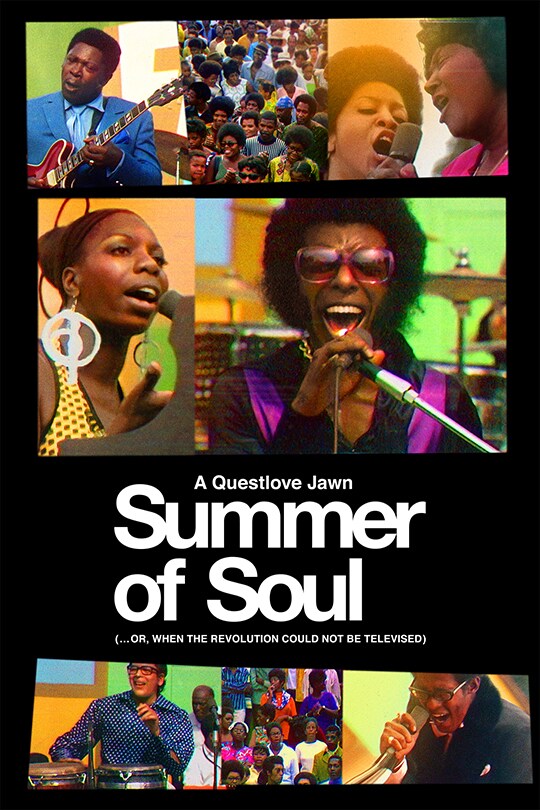The Harlem Cultural Festival—a brainchild of the singer and entrepreneur Tony Lawrence, who organized and hosted every show with evangelical flair—was not merely stilled; it was killed. After three years of progressively ambitious events in Harlem, growing from block parties to a star-packed extravaganza that drew some 300,000 people to the festival’s site at Mount Morris Park (now Marcus Garvey Park) in 1969, the Harlem-based celebration of Black music and performance moved to a new location five miles south of Harlem… and died there. As the New York Amsterdam News reported, “The Harlem Cultural Festival, which for so long was a complete success when held in Harlem’s Mt. Morris Park…disappeared this year from the uptown scene and moved to Lincoln Center. Now it has disappeared altogether.” Its headline packed two points in three words: “Harlem Festival Ain’t.”
Fortunately, Lawrence had a plan to preserve the festival in memory and spread its message. He arranged for the 1969 concerts to be recorded by five video cameras under the direction of a TV-production veteran, Hal Tulchin. The crew shot some 40 hours of footage from the six concerts that year, and Lawrence and his business partners began what they hoped would be an expansive project to package the material for television, records, and a feature film or two. Two hour-long TV specials were successfully produced and broadcast nationally 1969. The first, telecast by the CBS network that July, was a catchall variety show featuring performances by the Chambers Brothers, the Fifth Dimension, Abbey Lincoln and Max Roach, the Edwin Hawkins Singers (who had recently put Pentecostal exaltation on the pop charts with their hit “Oh Happy Day”), and Olatunji and his troupe of African drummers, singers, and dancers. The second program, broadcast on ABC stations that September, was culled from the concert dedicated to spirituals and sacred music, and featured musical performances by gospel stars Mahalia Jackson, the Staple Singers, and Clara Walker and the Gospel Redeemers, with remarks by the Rev. Jesse Jackson. (The latter program was later repackaged by its sponsor, General Foods, as Mahalia in the Park and made available for free use in schools.) By 1970, the Afro-American newspaper would identify Tony Lawrence not as a singer or concert promoter but as “producer of the Harlem Cultural Festival TV show.”
